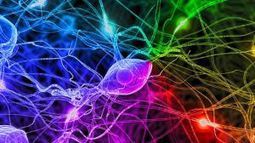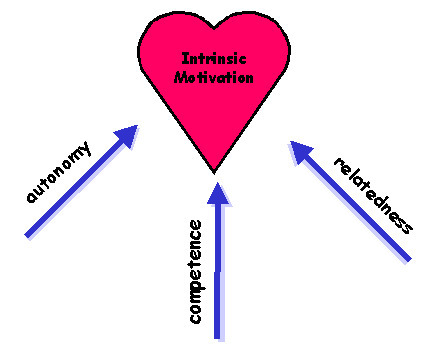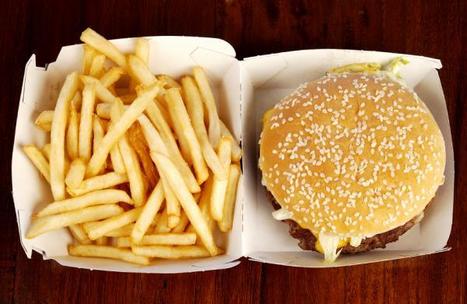The word "pain" is in Christophe Morin's title because his company's approach is to help marketers look at the frustrations and challenges consumers experience.
Research and publish the best content.
Get Started for FREE
Sign up with Facebook Sign up with X
I don't have a Facebook or a X account
Already have an account: Login

 Your new post is loading... Your new post is loading...
 Your new post is loading... Your new post is loading...
|
|










![An Ecosystem of Memories [NEUROMARKETING] | Science News | Scoop.it](https://img.scoop.it/toD54JNe8uPYxnA74LxpgTl72eJkfbmt4t8yenImKBVvK0kTmF0xjctABnaLJIm9)















Esta é a verdadeira essência do Neuromarketing, a essência primeira que nos permite chegar mais além na comunicação com os consumidores e com todos os colaboradores de uma organização ;)